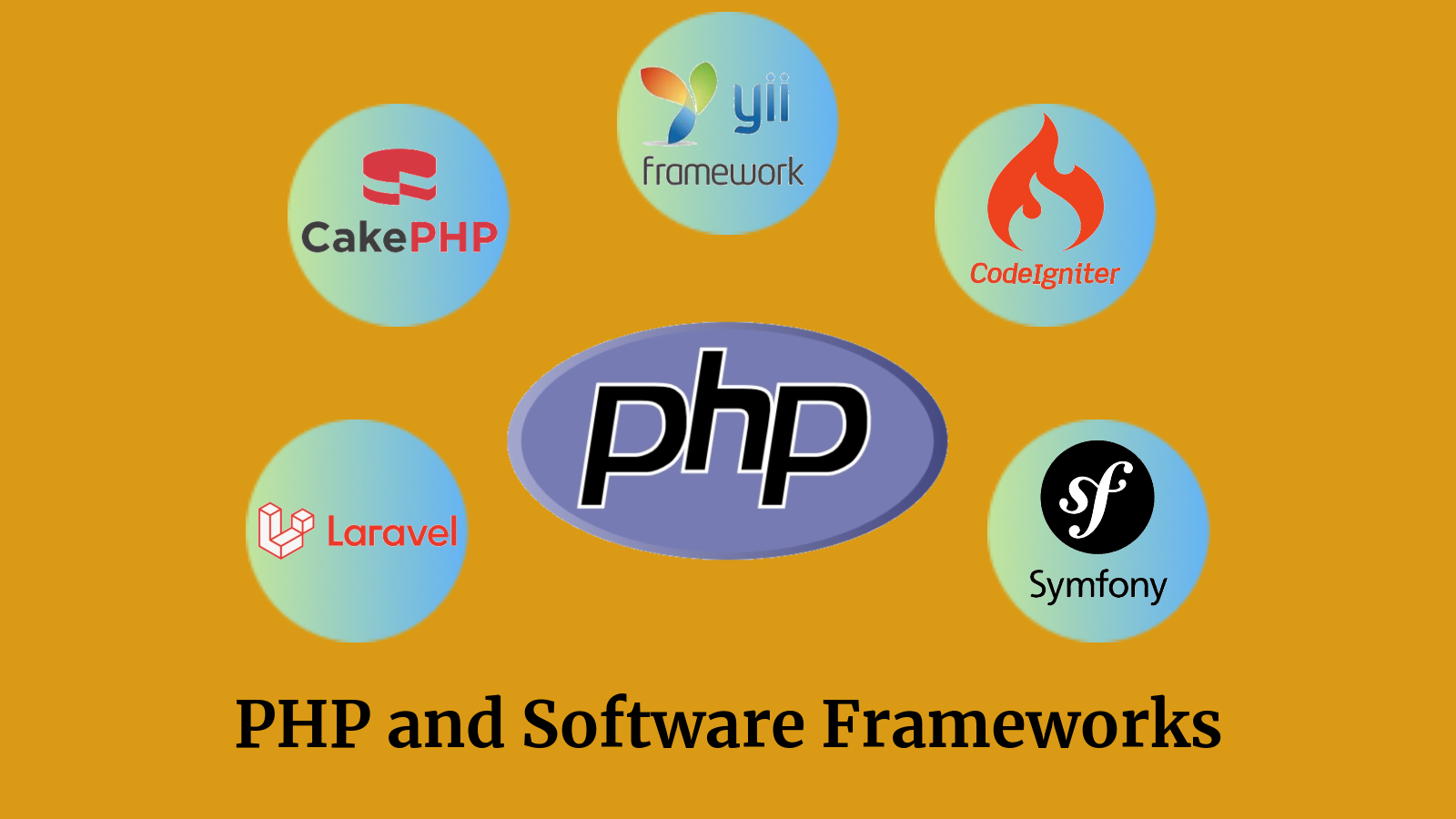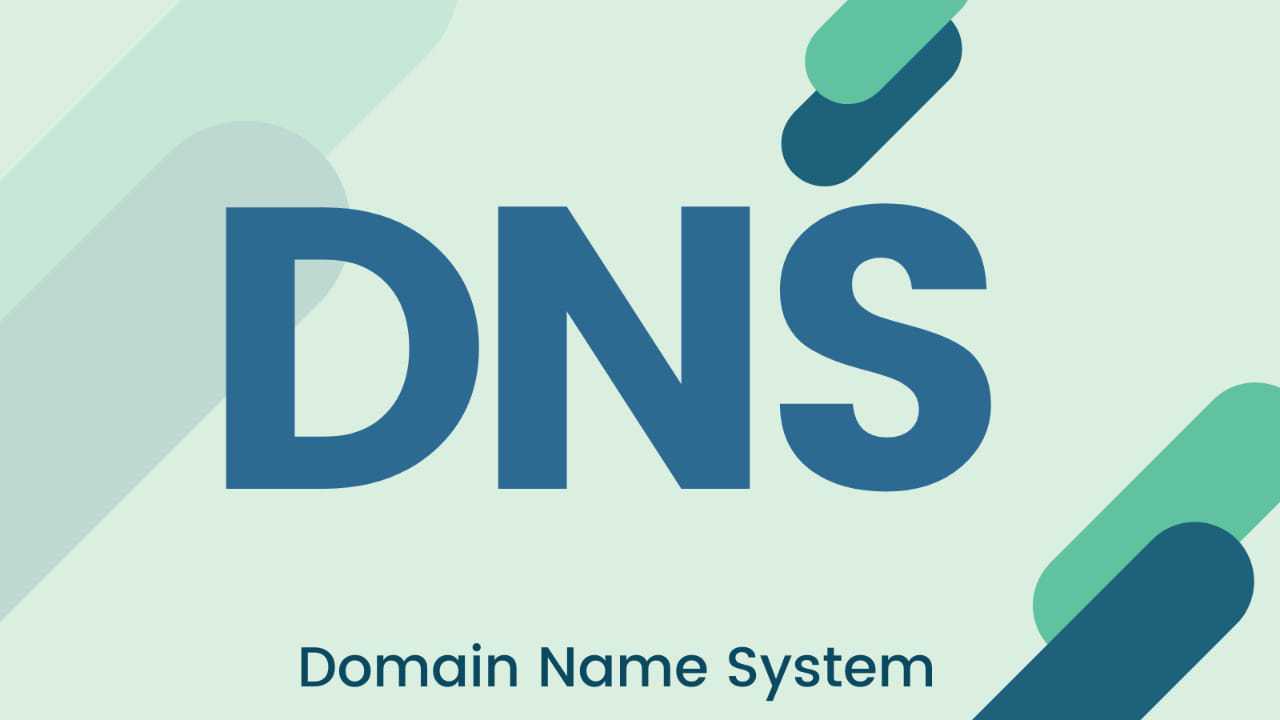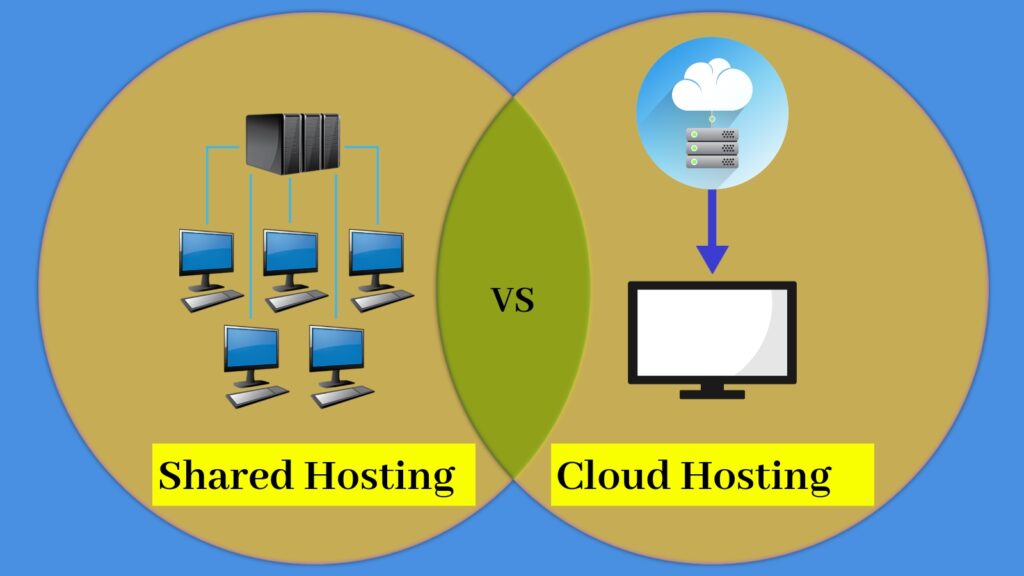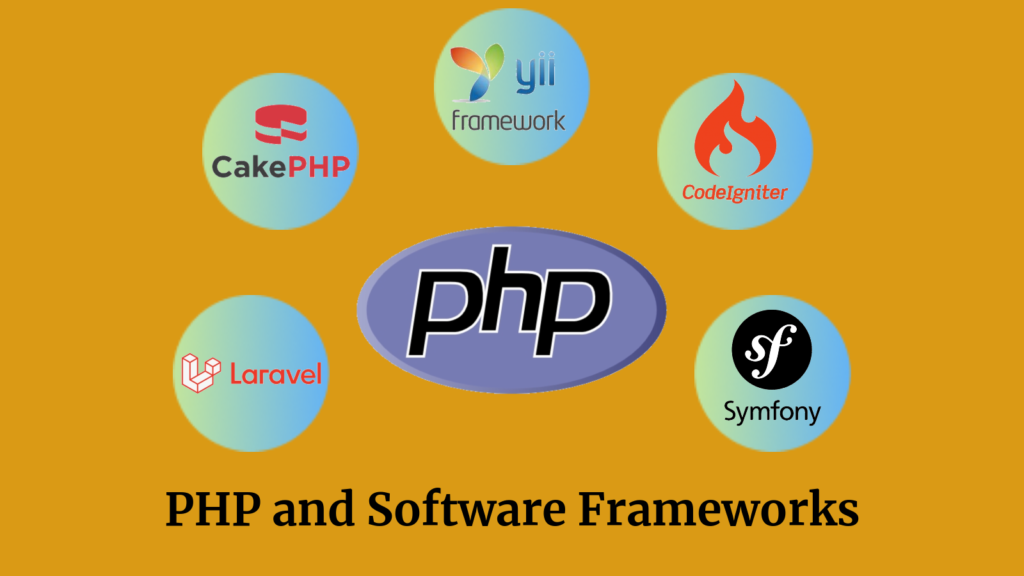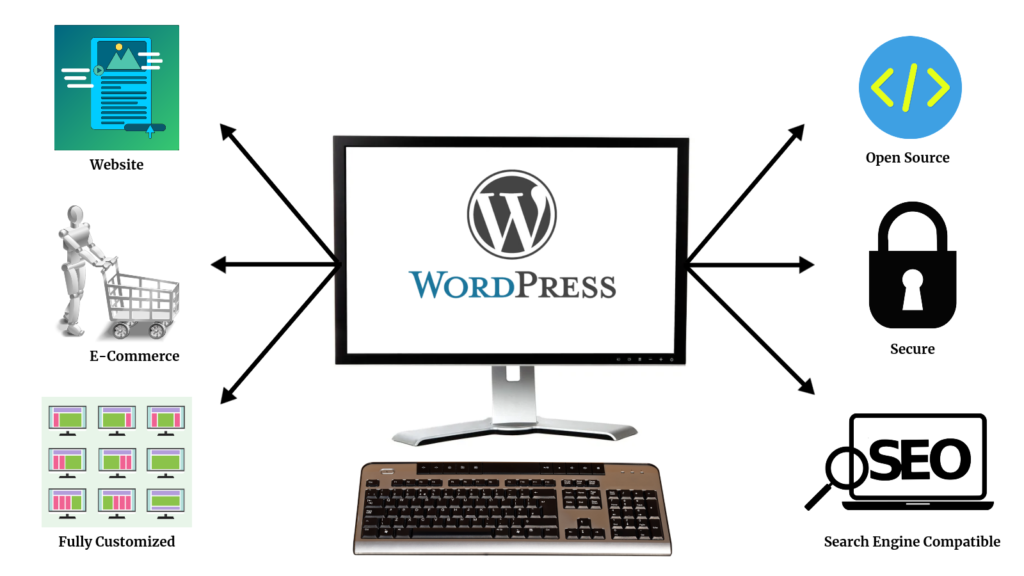Software Framework or simply “Framework” is one of the most common words which any software developer encounters in their everyday life
In the Open Source community there are several useful Content Management Systems which allow creating websites rapidly with little or no code. The popular ones include WordPress, Drupal, and Joomla. Many people might not be knowing that those CMS tools are also built using underlying frameworks.
What is the Framework?
In simple words, Framework is pre-built template/structure which you can use to handle most common and repetitive features. A framework is more like the chassis of a car or the steel structure of a building.
For example – the chassis for one series of car will be the same (in many cases it will be same for more than one model). Based on this chassis, car manufacturers add all the other parts (Engine, transmission, body, tires, etc.). The variations you can achieve with these are a lot and the alterations you can make to the added parts later is even higher.
In programming languages, a framework provides you with a basic set of tools. As a programmer what you do with it is up to you. A fine example would be the Laravel framework for PHP. While PHP itself is a globally accepted programming language helping developers to create exclusive web applications in a short time, there are several complex tasks that require work beyond the capabilities of the core PHP libraries. Thus over the years, PHP community has created several frameworks designed to simplify the complex coding concerns of PHP developers.
Some of the popular frameworks in PHP are as below
1. Laravel
2. Symfony
3. CodeIgniter
4. Yii Framework
5. Cake PHP
6. Zend
So Why Use PHP Framework?
There are several reasons in both
1. Strong Community: All popular PHP Frameworks have very active communities behind them. You can talk to other developers, get help, feedback and also give back to the community yourself.
2. Faster development: In the current market situation, building a web application faster could actually make or break a deal for your business. Many PHP frameworks also come with a command-line tool that you can use to generate code and save more of your development time.
3. Security: PHP has many input and output filtering functions which can add an extra security layer to protect your website against certain attacks. This gives even inexperienced programmers the ability to build secure software with confidence.
4.Simplify web application maintenance: PHP frameworks simplify web application development and maintenance by supporting model-view-controller (MVC) architecture. The developers can take advantage of MVC architecture to divide the code into a structured modular approach by separating code into models, views and controllers. They can use a MVC framework for PHP to keep the application’s user interface and business logic layers separated.
5. Free and Open Source: There are a lot of backend frameworks that are open source and easily available. Some of them offer great features. Backend frameworks are an essential part of website development, as they work as nuts and bolts of a website. Basically, they handle everything behind the functioning of a website.
Perceived Disadvantages of PHP Frameworks
1. Limited Visibility and Control: In addition to proving a basic structure for web application development, the PHP frameworks further accelerate custom web application development. However the developers still lack many options to make changes to the core behavior of these frameworks. If the framework is open source then developers can always provide code changes or pull requests on the code-base , but that is different from owning the complete code base itself. This gives the developers a feeling of losing control over code of the overall application.
2. Programmers need to learn PHP frameworks apart from of PHP: The PHP frameworks enable programmers to add a lot of functionality to a web application without writing too much code. However, the programmers have to invest some time and effort to learn the framework. This implies a slow start to a project, when a programmer does not know the chosen framework, due to the time to learn. However, in the longer run the hours saved due to the capabilities of the framework will likely far exceed the time invested in learning it.
Overall the advantages provided by using a framework far outweigh the disadvantages and thus we highly recommend that developers starting off a new project do spend some time choosing a good framework to suit their project needs.

